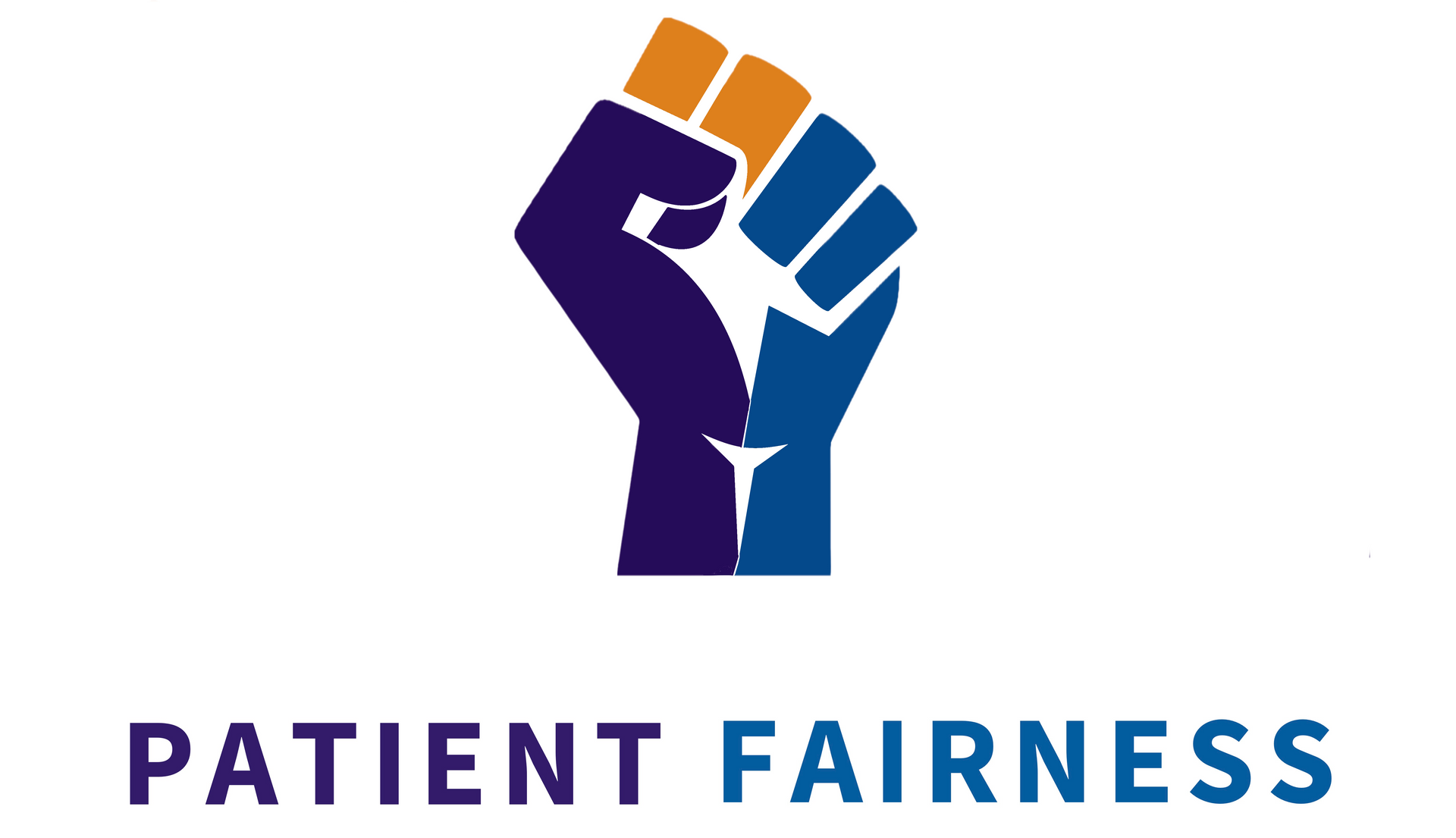10 Medical Billing Consumer Protection Laws You Didn’t Know Existed
Most Americans know that medical bills can wreck your credit, drain your savings, and leave you drowning in collections—even when the charges are egregious or the bill wasn’t fair. What you might not know is that some states have passed powerful laws to protect patients from unfair medical bills.
These consumer protections aren’t well known, and hospitals and physicians likely won’t tell you about them. At Patient Fairness, we’re here to change that.
Here are 10 lesser-known—but incredibly important—medical billing laws that could save you time, stress, and a lot of money.
1. Tennessee: Uninsured Patients Get Automatic Discounts
In Tennessee, hospitals cannot charge uninsured patients more than 75% above the cost of care, which typically results in discounts between 56% and 82% off the billed price.
Tip: Hospitals don’t always apply this discount automatically. If you’re uninsured in Tennessee, make sure your bill reflects this protection.
Reference: Tenn. Code Ann. § 68-11-262(a)
2. Colorado: No Price Transparency, No Collections
Colorado law holds hospitals accountable for following federal price transparency rules. If a hospital fails to publish required pricing data:
- It cannot send your bill to collections, and
- You can sue the hospital for violating your rights.
A recent audit found 40% of Colorado hospitals weren’t in compliance, so this protection matters.
Reference: Colo. Rev. Stat. § 25.5-1-901-904
3. Florida: Hospitals Must Respond to Your Billing Dispute Within 7 Days
If you dispute a medical bill in Florida, the hospital must have a formal process in place and respond to you within seven business days.
This is especially helpful when you’re challenging surprise charges or billing errors.
Reference: Fla. Stat. § 395.301(6)
4. Illinois: Hospitals Must Respond Within 10 Days
Illinois law also gives patients the right to dispute hospital bills. If you send a billing inquiry or dispute in writing, the hospital has 10 business days to respond.
This deadline helps to hold hospitals accountable to address patients’ billing concerns.
Reference: 210 ILCS 88/25
5. Massachusetts: Out-of-Network Providers Must Warn You—or Waive the Extra Charges
If a provider in Massachusetts doesn’t participate in your insurance network, they must notify you at least 2–7 days before your appointment.
If they fail to give this notice, they can’t bill you beyond your in-network costs (like copayments or deductibles). That helps you avoid surprise out-of-network charges.
Reference: Mass. Gen. Laws c.111 § 228
6. Minnesota: Deep Discounts for the Uninsured
Minnesota requires hospitals to limit charges for uninsured patients making under $125,000 annually. The charge must not exceed the lowest rate the hospital accepts from any private insurer.
This means uninsured patients are entitled to the deepest discounts available, even more than some insured individuals.
7. Mississippi: If a Provider Accepts Insurance, They Can’t Charge You More
In Mississippi, if a provider accepts payment directly from your insurer, they must accept that payment as full payment.
You’re only responsible for your copay, coinsurance, or deductible—and nothing more. This law protects you from surprise balance billing.
Reference: MS Code § 83-9-5 (2024)
8. Texas: 10-Month Billing Deadline
Medical providers in Texas must send your bill within 10 months of the date you received care. If they miss the deadline, they forfeit their right to collect.
This law prevents unexpected bills months—or even years—after your visit.
Reference: Tex. Health & Safety Code §§ 146.002–.003
9. Georgia: Out-of-Network Providers Must Disclose—Or You Don’t Owe Extra
Georgia providers can’t bill you out-of-network prices unless they’ve clearly disclosed two things:
- That they are out-of-network
- An estimate of the amount you’ll owe
If they skip these steps, they cannot bill you beyond your normal in-network costs.
This protects patients from surprise bills.
10. Multiple States: No Medical Debt Reporting Allowed
Thirteen states prohibit medical debt from being reported to credit bureaus at all. This helps protect your credit score from unexpected or disputed medical bills.
These states include:
- California
- Connecticut
- Colorado
- Illinois
- Maryland
- Minnesota
- New Jersey
- New York
- Oregon
- Rhode Island
- Vermont
- Virginia
- Washington
Why These Laws Matter More Than Ever
Medical billing errors, hidden fees, and surprise bills affect millions of Americans each year. The good news? State laws are stepping up, even as federal protections remain uncertain.
Knowing your rights can help you:
- Avoid overpaying
- Dispute unfair and possibly illegal medical bills
- Protect your credit
- Push back against egregious charges
Many of these protections aren’t automatic—you often have to request them or file a dispute. But once you know the law, you have power.
Take Action, Stay Informed
If you’ve received a confusing or outrageous medical bill, you’re not alone. Understanding your state’s billing laws can help you fight back, and Patient Fairness is here to help.











